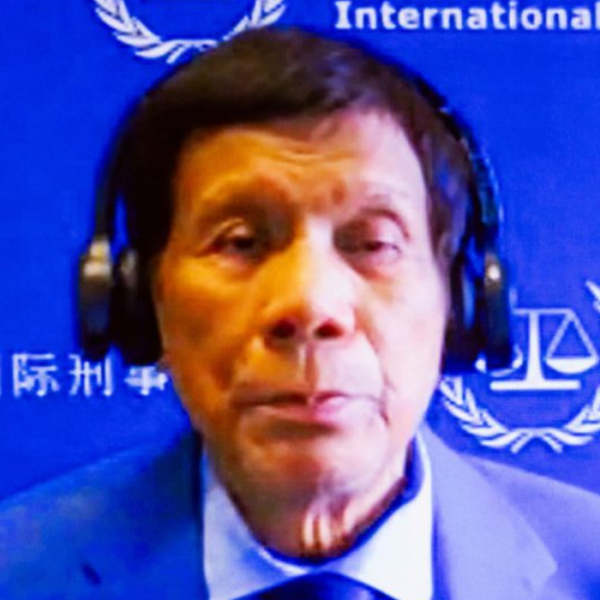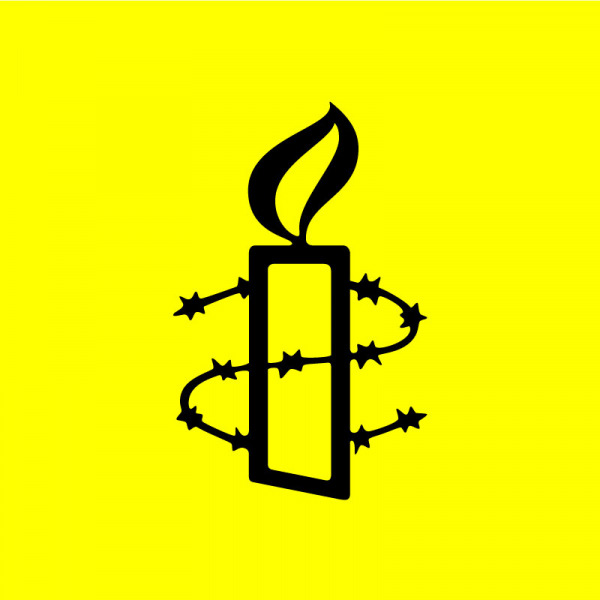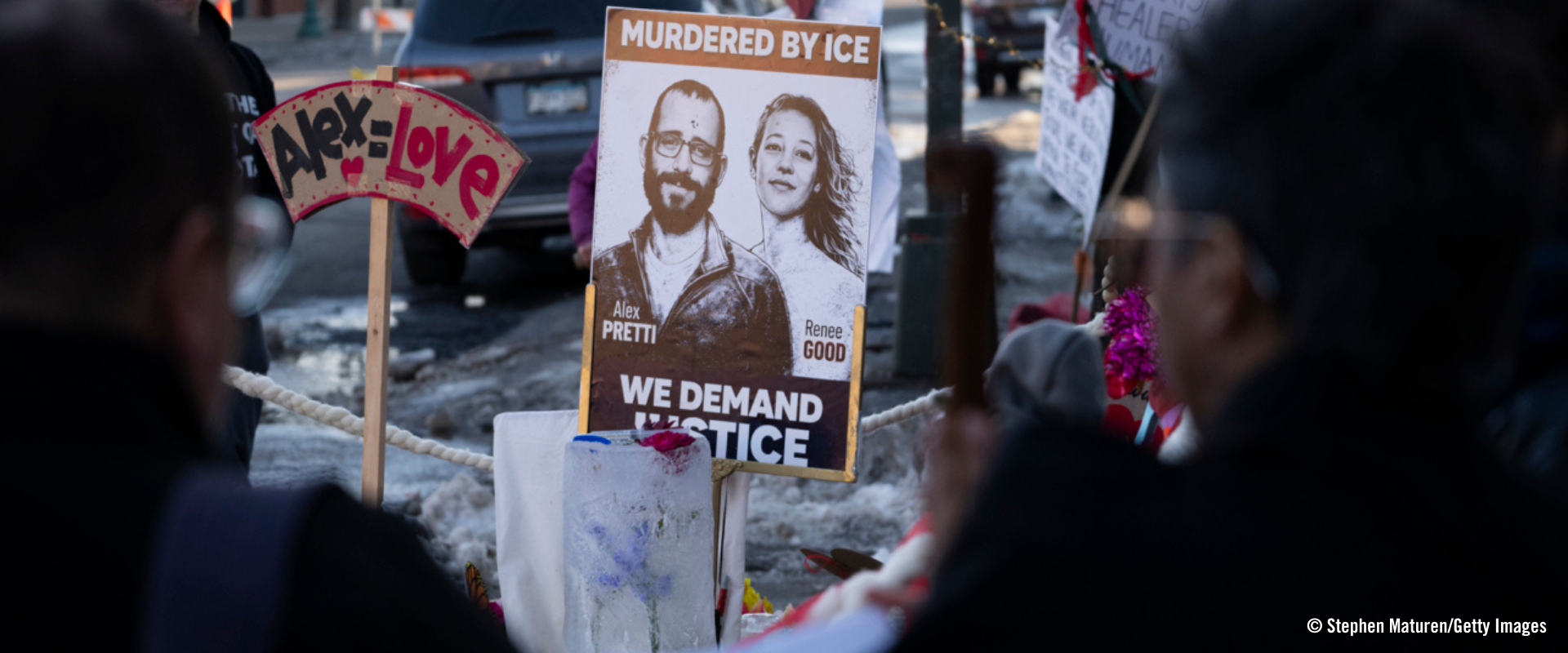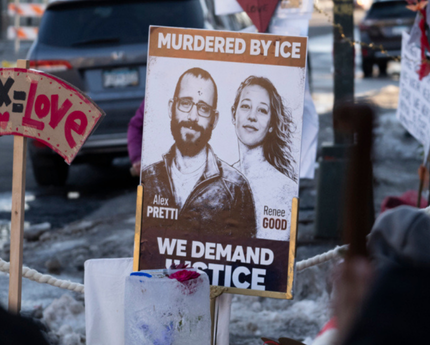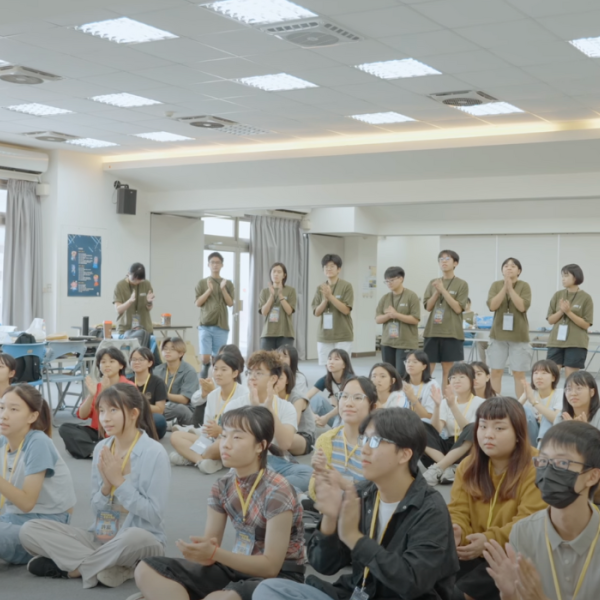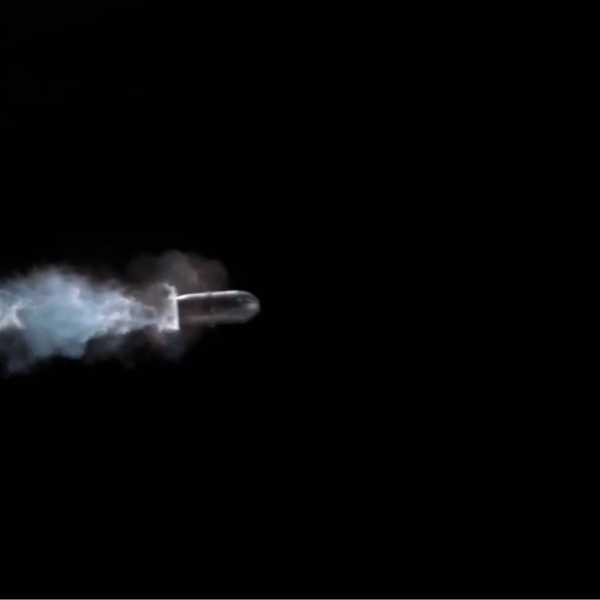菲總統候選人須表明人權立場
國際特赦組織公開聲明|2010年2月9日
菲律賓史上最為殘暴的選前暴力事件--馬吉丹奧省大屠殺--已引起全球對菲國人權情況的關注。各候選人於5月10日的總統大選,現在比以往更應該要澄清他們將如何處理國內關鍵的人權議題。
今天是總統競選活動正式開始的時間,國際特赦組織呼籲所有的總統候選人,必須說清楚並公開承諾,若當選後,就職百日內將採取行動處理嚴重的人權侵害情事。國際特赦組織在一封致各候選人的公開信中,呼籲他們能夠做出以下承諾:
1)廢除行政命令546號,並保證會對所有國家扶持的民兵與準軍事團體,負完全的責任。
儘管去年11月23日馬吉丹奧省發生了大規模殺害63名無辜百姓的事件,各地方由國家扶持的武裝團體及私人軍隊,其武裝人員仍然在國內各地自由地進行軍事行動。菲律賓政府始終沒有建立責任機制,來對這些破壞法治並否認人權保護平民百姓的武裝份子追究責任。
在這一百天內,新的菲律賓總統應該要廢除行政命令546號,這號行政命令允許民兵和準軍事團體對鎮暴行動提供軍事援助。實際上,這些組織缺乏訓練、無責任約束、與軍事指揮系統的整合度極低,且因犯下許多嚴重的人權侵害事件所以必須負責。在某些省分,人民自願軍組織(Civilian Volunteer Organizations, CVOs)和私人軍隊一樣有戰鬥力,並為地方的政治人物服務,這升高了選前暴力的危險。
2)設立一個總統委員會,以防止強迫失蹤及政治暗殺,並司法起訴相關案件。
在過去十年,至少有200名菲律賓人已遭受「強迫失蹤」而下落不明,且約有1,100人被政治暗殺。新當選的總統必須設立一個公正的、獨立的委員會來調查這些案件,並設定目標,授權進行有時效性地、有效的調查並在必要的時候提起司法起訴。
新總統應推動立法,明確地規定強迫失蹤及政治暗殺是犯法的。他或她應簽署聯合國〈保護所有人不受強迫失蹤國際公約〉。
3)命令行政機關充分履行聯合國有關國內難民的指導原則,以確保難民的安全和福祉。
雖然民答那峨島已經停火,但僅僅因2008年的武裝衝突,就有超過125,000人仍流離失所。新任總統要處理這麼嚴重的非人道情況,就應該公開地指示行政機關務必確保各政策能夠遵照聯合國有關國內難民的指導原則。
根據指導原則,政府必須確保能夠供應難民充足的食物、水、庇護所、和衣服,以及必要的醫療措施和衛生設備。政府也必須保證受其管轄之地區能不受阻礙地獲得人道援助。此外,政府必須實施一個持續性的行動計畫,讓難民能夠安全且自願地回到他們的住所。
新總統作為最高統帥,對於能否確保武裝部隊遵守國際人道法,將負有直接的責任。該法作為一項核心的原則,明確禁止直接的或任意地攻擊平民,包括難民及所有非軍事人員。
[ENGLISH]
Document - Philippines: Candidates need to divulge their positions on human rights
AMNESTY INTERNATIONAL
PUBLIC STATEMENT
AI Index: ASA 35/001/2010
9 February 2010
Philippines: Candidates need to divulge their positions on human rights
The worst pre-election violence in Philippine history – the Maguindanao massacre – has focused global attention on the human rights situation in the country. Now more than ever, candidates in the 10 May presidential elections need to clarify how they will address key human rights issues facing the country.
Today as the presidential campaign period officially begins, Amnesty International calls on all of the presidential candidates to make clear, public commitments on the actions they will take in the first 100 days of office to address serious human rights violations. In a public letter to the candidates, Amnesty International called on them to affirm their commitment to:
1) Revoke Executive Order 546, and ensure full accountability over all state-sponsored militias and paramilitary groups.
Despite the mass killing of 63 civilians on 23 November in Maguindanao, members of state-armed local groups and private armies are still free to operate in other parts of the country The Philippine government’s continued failure to establish accountability for members of these armed groups undermines the rule of law and denies human rights protection for civilians.
Within 100 days, the new Philippine president should revoke Executive Order 546, which allows for militia and paramilitary groups to provide active support in counterinsurgency operations. In practice, these groups have been ill-trained, unaccountable, poorly integrated into the military chain of command, and responsible for serious human rights violations. In some provinces, Civilian Volunteer Organizations (CVOs) effectively function as private armies for local politicians, heightening the risk of pre-election violence.
2) Establish a presidential commission aimed at preventing and prosecuting enforced disappearances and extrajudicial executions.
In the last decade, at least 200 Filipinos have been subjected to enforced disappearance, and as many as 1,100 have been executed in political killings. The incoming president needs to establish an impartial and independent commission to review these cases, with the aim of enabling timely and effective investigations and, where warranted, prosecutions.
The new president should initiate legislation that specifically criminalizes enforced disappearances and extrajudicial executions. He or she should sign the UN Convention for the Protection of All Persons from Enforced Disappearances.
3)Order the administration to fully implement the UN Guiding Principles on Internal Displacement in order to ensure the safety and well-being of the displaced.
Despite the ceasefire in Mindanao, more than 125,000 people remain displaced by the 2008 armed conflict alone. To address this grave humanitarian situation, the incoming president should publicly instruct the administration to ensure that policies comply with the UN Guiding Principles on Internal Displacement.
Under the Guiding Principles, the government must ensure that the displaced are provided with adequate food, water, shelter, and clothing, as well as essential healthcare and sanitation. It must also guarantee unimpeded humanitarian access to areas under its control. In addition, the government must implement a sustainable plan of action so that the displaced can return to their villages, safely and voluntarily.
As commander-in-chief, the new president will be directly responsible for ensuring that the armed forces comply with international humanitarian law. As a core principle, this law explicitly prohibits direct or indiscriminate attacks against civilians, and this includes displaced persons and all other non-combatants.
更多影音
- 全球
酷刑工具是如何被警方用來針對示威者?
- 全球
阿姆內斯提青春大舞台 2024高中生人權營
失去眼睛的警察暴力倖存者萊迪述說她的遭遇
- 全球
